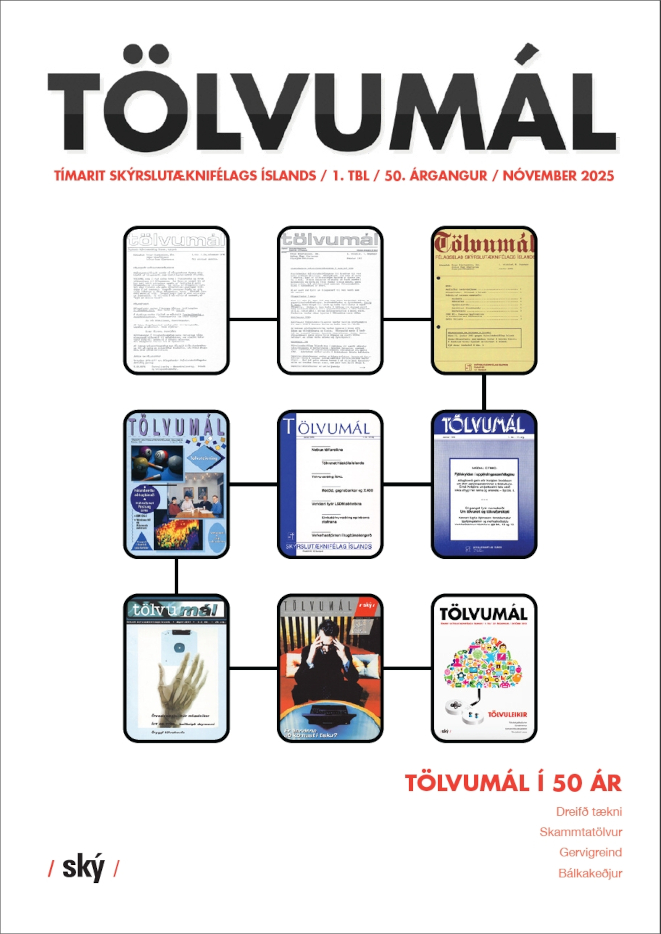
When the Substitute Is an Algorithm
 In recent years, technology integration into educational settings has rapidly accelerated, transforming traditional teaching methods and learning environments. Tools such as smartboards, educational apps, and virtual classrooms promise to enhance education delivery. Yet, with such a bold promise comes doubts: do these advancements lead to concerned teachers? Can technology take over their roles?
In recent years, technology integration into educational settings has rapidly accelerated, transforming traditional teaching methods and learning environments. Tools such as smartboards, educational apps, and virtual classrooms promise to enhance education delivery. Yet, with such a bold promise comes doubts: do these advancements lead to concerned teachers? Can technology take over their roles?
The potential for improvement through artificial intelligence, machine learning, and automated systems should inspire optimism and hope among educators rather than doubts about the future of their roles, yet they are perceived as potential replacements for human roles in various sectors. A global study by the University of Queensland and KPMG reveals that although there is general optimism about the benefits of AI, significant concerns about privacy, manipulation, and the displacement of jobs, including teaching positions, remain prevalent.
To better understand these issues, Ms. Roemer, a primary school teacher with over 15 years of experience in Berlin, shares her firsthand insights. At the forefront of integrating digital tools into her classroom, Ms. Roemer offers a unique perspective on the evolving role of technology in education. "Our school has embraced technology enthusiastically; we use these tools to create more engaging and interactive lessons. However, they are just tools. They enhance my teaching by not replacing the essential human interactions at the heart of education. Still, educators are growing concerned about technology potentially replacing teachers,” She continues. “I would not include myself in bearing these worries; I agree that it can enhance certain aspects of teaching, but believing it could replace a teacher’s fundamental role seems exaggerated.” She mentions how a bot cannot yet replicate the emotional support, understanding, and real-time adaptation teachers provide. Ms. Roemer answered whether the role of teachers will change in the future due to technological advances. "Absolutely, our roles are already changing. We are taking on a more facilitative position, helping students navigate and use information effectively. However, I believe the core of teaching, connection, and personal interaction will remain indispensable.
Technology will shift the methods, but not the essence of teaching. "While the earlier study (University of Queensland, 2024) suggests that 85% of respondents believe that AI will deliver significant benefits by providing personalized learning experiences and enhancing accessibility, only half believe that the benefits outweigh the risks. This skepticism highlights the need for educators to shape AI usage policies that ensure these technologies serve as aids rather than replacements.
Education International published the resolutions of the 10th World Congress, highlighting technology, artificial intelligence, and their connection to the future of the teaching profession. These resolutions state that AI could commercialize education without oversight, possibly undermining its foundational values. This shift would call for the urgent need for educators to participate actively in the decision-making process of what technologies to implement and which ones to block from educational sights. Their participation ensures ethical and appropriate utilization of tools and hinders the development of trying to replace human elements with AI. Ms. Schmidt supports this view, emphasizing that while AI changes education, it won't replace the essential role of teachers but will necessitate their adaptation to new educational tools and methods.
Although there is all this talk of facilitating teaching with these tools, it is essential not to forget that it brings a shadow of inequality, as most things in the world do. More developed regions can offer their students the latest technologies, while less fortunate areas lack access and are disadvantaged.
This disparity creates an even wider education gap, so it is essential to ensure that technological advancements benefit all students equitably, not just those who can afford them. "Technology offers incredible opportunities for learning and growth, but only if it's accessible to every student, regardless of their geographic or economic position. We must advocate for policies extending these benefits across all borders, ensuring every child has the same chance to succeed in this increasingly digital world." "We are trying to support them to the best of our abilities."
The technological divide not only affects students but also significantly affects teachers at under-resourced schools. Many educators find themselves in the frustrating position of having to rely on outdated teaching methods and tools, which can stifle their professional growth and dampen their enthusiasm for teaching. Ms. Roemer’s school has a partner school in Ghana. Through her conversations with teachers there, she has learned that the passion for teaching remains, but the lack of resources creates a stumbling block for both teachers and students, leaving them yearning for better opportunities and modern approaches.
As technology evolves and transforms education in well-funded districts, teachers in less advantaged areas often struggle to keep pace, making them feel as though they can't offer their students a modern education. Such disparities can diminish their motivation, deepening the divide in educational quality and highlighting the challenges posed by the rise of AI in schools. It’s a tough situation where dedicated teachers want to succeed but feel the weight of external obstacles holding them back.
To successfully bridge this divide, international cooperation and policy initiatives must prioritize distributing educational resources, ensuring that the benefits of technology-enhanced learning are universally accessible.
Ms. Roemer was kind enough to offer her expertise in this field to aid in making the greater public more knowledgeable about the ongoing discussions, and as we continue to integrate new tools and technologies, the role of the teacher will undoubtedly transform but not diminish.
Creativity, empathy, and personal interaction, the human elements of teaching, remain undoubtedly vital for the development of students. Therefore, at least to our current knowledge, technology will play an augmentative rather than substitutive role in education.
Author: Emilie Victoria Bönström, student at Reykjavik University
Sources
1. World Economic Forum. (2024). Shaping the Future of Learning 2024. Retrieved from https://www3.weforum.org/docs/WEF_Shaping_the_Future_of_Learning_2024.pdf
2. World Economic Forum. (2024). Artificial intelligence and education: The role of teachers. Retrieved from https://www.weforum.org/stories/2024/07/artificial-intelligence-education-teachers-union/
3. University of Queensland. (2024). Trust in artificial intelligence: A global study. Retrieved from https://ai.uq.edu.au/project/trust-artificial-intelligence-global-study
4. Education International. (2024). Technology, artificial intelligence, and the future of the teaching profession. Retrieved from https://www.ei-ie.org/en/item/29105:technology-artificial-intelligence-and-the-future-of-the-teaching-profession
Skil á efni
Leita í vefútgáfu Tölvumála
Um Tölvumál
Tölvumál - tímarit Skýrslutæknifélags Íslands er óháð tímarit um tölvutækni og hefur verið gefið út frá árinu 1976.
Vefútgáfa Tölvumála birtir vikulega nýja grein á vef Ský og árlega er gefið út veglegt prentað tímarit undir nafninu "Tölvumál" þar sem fjallað er um tölvutækni frá ýmsum sjónarhornum og er þema blaðsins jafnan valið snemma árs og útgáfa að hausti.
Ritnefnd Ský sér um að afla efni í Tölvumál og geta allir sem áhuga hafa sent inn efni.
